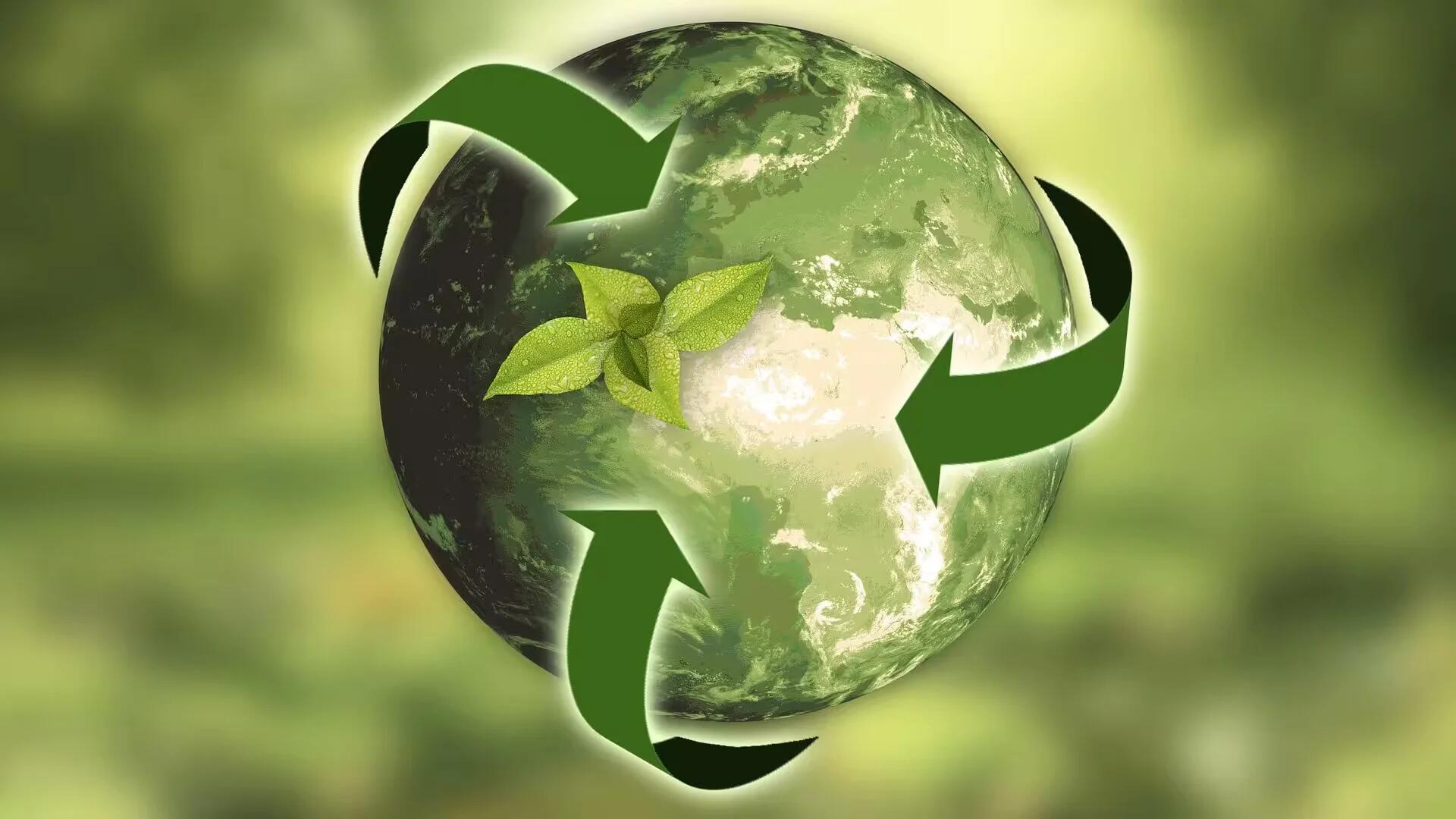Are you an environmental activist looking to save our planet? Then we have some excellent news for you. Expert Victoria Gerrard La Crosse says that by combining the powerful technologies of recycling and resource management, it is now possible to positively impact the environment.
In this guide, we will explore how these two crucial areas can come together to help protect Mother Earth and discuss strategies that can be implemented in your life. So, read on to learn more about sustainable living through recycling and resource management.
Understand the Benefits of Resource Management with Recycling Technologies
According to Victoria Gerrard La Crosse WI, resource management is essential to sustainable living, and recycling technologies are crucial. With these technologies, we can convert waste into valuable resources, effectively reducing our reliance on finite natural resources while minimizing waste sent to landfills. Recycling also offers economic benefits by creating job opportunities and supporting local industries.
Moreover, it helps reduce the carbon footprint of various industries, which is a big step towards mitigating climate change. By adopting recycling technologies and making them a part of our daily lives, we can lead a healthier, more sustainable future for ourselves and the environment.
Utilize Different Types of Recycling Technologies and Their Benefits
Recycling technology has come a long way and has proved essential in combating environmental issues. The utilization of different recycling techniques has significantly impacted the environment positively, as it helps conserve natural resources and lessens the amount of waste that ends up in landfills. The benefits of recycling extend beyond just being environmentally friendly; it is also cost-effective and produces job opportunities as the recycling industry continues to grow.
There are various ways to recycle waste products, from traditional composting to more advanced technologies like pyrolysis. It is essential to stay informed about different recycling technologies and their benefits, as they can contribute to a healthier and more sustainable future.
Create an Action Plan to Implement Resource Management Practices
Resource management practices are essential for optimizing an organization’s operations. To create an action plan, evaluate resource utilization, prioritize urgent needs, develop goals and objectives, allocate resources, and monitor progress regularly. Ensure everyone involved is aware of the plan’s roles. A well-executed action plan leads to efficient resource use, improved productivity, and reduced operational expenses, providing a competitive advantage.
Determine the Most Cost-Effective Resources for Your Business
Victoria Gerrard La Crosse says every business is unique, and it is essential to find the resources to support its growth efficiently without overburdening the budget. The quest for the most cost-effective resources for your business can be a real challenge, but with the right strategies, it is possible to reduce operating and development costs.
Whether hiring freelancers, leveraging open-source software, or partnering with an outsourcing provider, businesses have various options. By analyzing what your business requires, you can create a roadmap and identify critical resources and areas where you can save on costs. Remember, every penny saved contributes to your bottom line and increases the chances of long-term success.
Develop Strategies to Maximize Efficiency and Minimize Waste
In today’s fast-paced world, efficiency is key in every aspect of life. Whether in the workplace or at home, finding ways to maximize efficiency and minimize waste is essential. Developing strategies to achieve these goals can initially seem daunting, but with careful planning and thoughtful execution, it becomes second nature.
By analyzing current practices and identifying areas for improvement, individuals, and organizations alike can streamline their processes to work smarter, not harder. And by minimizing waste, we help the environment and save valuable resources that can be better allocated elsewhere. So why not take the first step towards optimization today and develop your efficiency and waste reduction strategies?
Analyze Data to Identify Areas of Improvement in Your Resource Management System
Managing resources efficiently can make or break a business in today’s data-driven world. That is why it is important to dive deep into your resource management system’s data to identify areas for improvement. With the right tools and analysis, you can gain valuable insights into your team’s productivity, time spent on tasks, and potential bottlenecks in your processes. By addressing these areas, you can optimize resource utilization and ultimately improve your bottom line. Do not let valuable data go to waste; take the time to dig in and make your resource management system work even smarter for you.
Utilize New Technology to Manage Resources More Effectively
Technology has come a long way over the years, and as we continue to advance, we must utilize it to its fullest extent. Gone are the days of manual data tracking and resource management. With the latest software, we can streamline processes and increase efficiency to an unprecedented level.
Utilizing new technology lets us manage resources more effectively than ever before and frees up time for ourselves and our team members to focus on other essential tasks. By diving in and embracing the power of technology, we can revolutionize how we approach resource management and open up a world of possibilities.
Final Thoughts
Resource management is crucial in today’s business landscape. Businesses can create a sustainable, cost-effective environment by understanding recycling technologies, implementing strategies, and investing in technology. Investing in recycled materials minimizes waste and maximizes efficiency. By adopting these tips, organizations can become environmentally conscious and secure long-term success. Ensure you take the necessary steps to set your organization up for long-term success!
